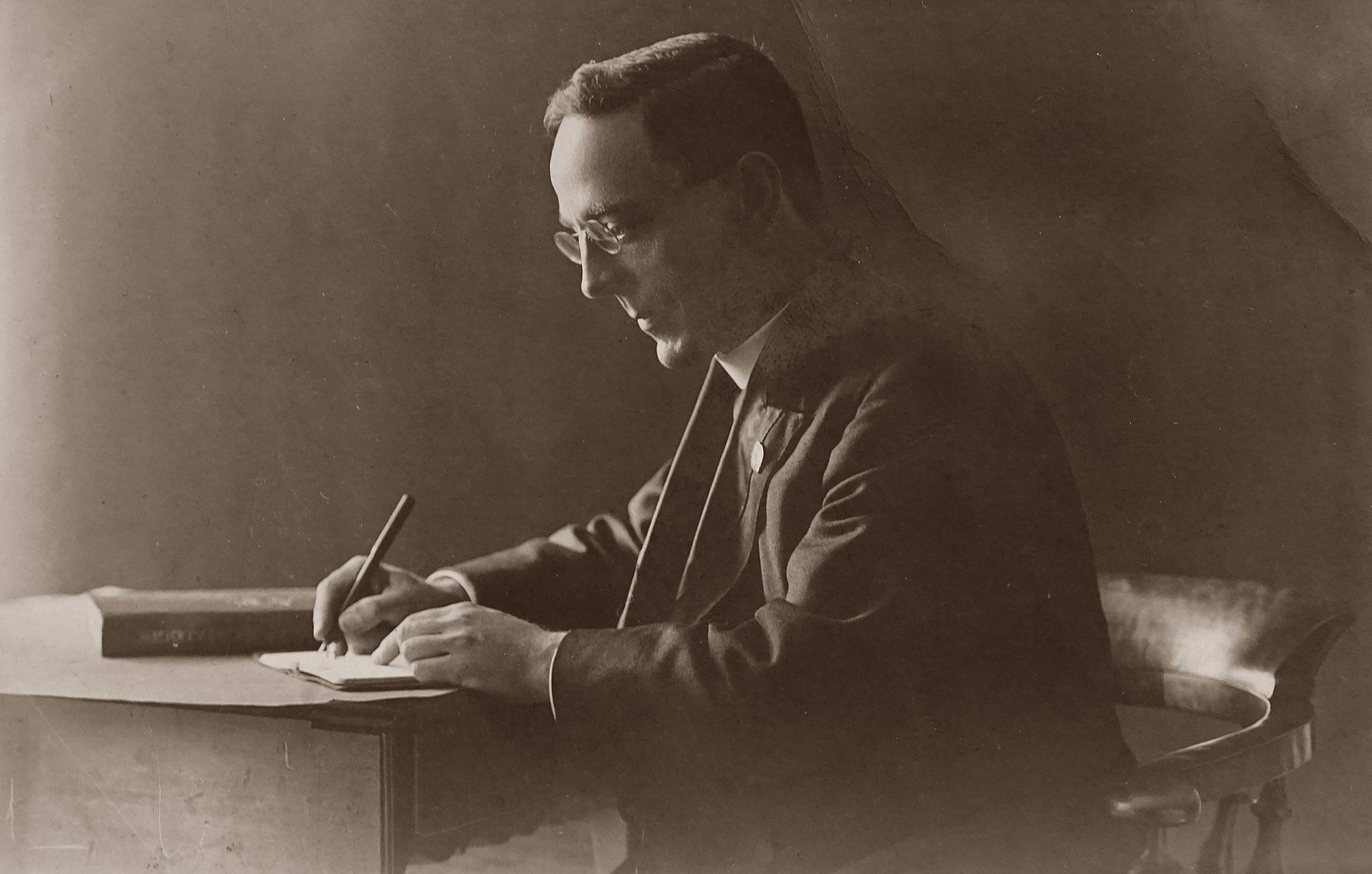
How Long Does It Take to Write a Book with a Ghostwriter?
HOW LONG DOES IT TAKE TO WRITE A BOOK WITH A GHOSTWRITER?
Writing a book is a huge undertaking, and it’s one that many people choose to do with the help of a ghostwriter.
While working with a ghostwriter can be a great way to get a professionally written book, it’s essential to factor in how long the process may take.
Having a book ghostwritten is more involved than simply waiting for the writer to complete it. It’s a process that takes time, and the timeline for completion can vary depending on the intensity of the project.
Read on as we discuss the process in more detail to provide insight into what to expect.
What are the different steps to writing a book?
Ghostwriting a book is a detailed process. There are usually several steps that a ghostwriter must complete to produce a quality, finished product.
1. Prep Work (4 – 6 weeks)
Meetings and Discussions
Whether it’s a business or personal book, a ghostwriter’s first step is to understand your book idea and the direction you want to take it.
Your writer will interview you and any key stakeholders in great detail to grasp the ultimate goal.
Topics like specialty research, photos, infographics, publishing options, and style preferences will be discussed and established.

The aim is for your writer not only to understand the vision but to feel confident presenting it in the right style, tone, and voice.
Research
A ghostwriter can benefit significantly from your preliminary research. It helps give a sense of your vision for the project.
“When a client provides this information upfront, it lets me know what they want to emphasize and what story they want to tell,” says The Writers for Hire ghostwriter Jennifer Iacullo.
But there’s no need to feel pressured to curate too much upfront. Partnering with an experienced ghostwriter familiar with your industry and who knows where to find suitable sources can help you avoid this stress.
Instead of doing it all yourself, you can opt to share your thoughts about what you want to research with your ghostwriter.
This may lengthen your overall timeline, but it relieves the burden of searching for resources and provides a productive space for back-and-forth discussions.
2. Outline (1 – 2 weeks)
A strong outline is the framework for your book, and it should come from a collaborative effort between you and your ghostwriter.

It gives structure to your ideas and provides a roadmap for the ghostwriter to follow.
Your writer will use all of the information collected from interviews and research to draft an outline for your feedback.
You will then work together to revise the outline until the direction is clear.
This process helps save time and reduce unnecessary communication. With a clear direction for your book, the ghostwriter will be able to write quickly and efficiently.
3. Writing (1 – 2 weeks per chapter)
Now it’s time for the ghostwriter to assemble the collected information into a cohesive story.
One by one, the ghostwriter writes, edits, and sends each chapter to you for your review.
Additional services, like inserting pictures or custom graphics, also happen during this phase. Since each project is different, the required time to complete each section of the book will hinge on its complexity.
According to The Writers for Hire owner and editor-in-chief Wintress Odom, it usually takes “six months to a year to write most books.” This timeframe provides you and your writer ample time to iron out any issues before the book is complete and without extending your deadlines.
4. Front-to-Back Editing (2 – 4 weeks)
Editors help improve the overall quality of your book by ensuring that its consistency and flow are clear.
A senior editor will perform a thorough cover-to-cover review to address issues like narrative inconsistencies, pacing, and ineffective writing.
After edits are complete, you will have the opportunity to review the entire manuscript to confirm you are satisfied with the final product.

This task can be challenging, as it requires a lot of reading and analysis.
Like some clients, you may get sidetracked by other aspects of life, further delaying the job. Projects often stall during this phase due to the client being overwhelmed.
“Some clients underestimate how long this process takes,” says Wintress Odom. “I usually suggest they plan for a weekend to read through it all instead of reading small chunks and prolonging it.”
5. Final Proofreading (2 weeks)
Proofreading is the final stage in the writing process.
The proofreader will comb through the book for any spelling, grammar, and punctuation errors. Once complete, it is finally prepped for publishing.
6. Publishing (12 – 20 weeks)
Sometimes, clients forget to factor printing time into their overall timeline.
Depending on the publishing company and project scope, printing can take a few months to over a year.

The Writers For Hire works directly with a publisher that takes a minimum of three months to turn your manuscript into a published book.
This process includes formatting, photo work, client review and approval, and the final print run.
However, suppose you are working with a ghostwriter or ghostwriting agency that doesn’t offer full-service options?
This means you’ll only receive a finished manuscript that you will have to take to your publishing company of choice.
For this reason, it’s essential to keep your publishing timeframe in mind when planning any type of book launch event to avoid any delays.
What should you expect when hiring a ghostwriter?
Ghostwriters are professional writers who help piece together compelling, well-crafted stories.
There are many benefits to hiring a ghostwriter for your business or personal endeavors. Some of the key benefits to expect include:
Help Building Your Brand.
Employing a ghostwriter allows you to establish your company as an expert in your industry by partnering with someone who can take your content to the next level.
An adept ghostwriter will produce impactful and engaging content that will reach more people and potentially help grow your business.
By understanding your vision, they will be able to effectively capture your tone and voice to impact your target audience positively.
Help Capturing Personal Memories.
A ghostwriter can provide a professional touch to your personal projects.
A skilled genealogy ghostwriter can conduct in-depth research to dig into your family history beyond recent generations to unveil unique and insightful stories.
Many people find that using a ghostwriter to capture these family histories and life experiences before they fade helps alleviate the stress of retelling those stories compellingly.

Increased Productivity.
Hiring a ghostwriter allows you to get high-quality content without spending the time or effort to write it yourself. .
While you will invest a significant amount of time in the project, most of your time is free to focus on other important daily tasks.
This added value can help you plan your personal schedule more efficiently.
A Partner in Your Corner.
Ghostwriters are not only used to author fiction books, they’re also used to write various nonfiction projects, like business leadership books, family histories, editorial pieces, and marketing materials.
Having this kind of range means you can partner with a competent ghostwriting agency to tackle any project you need to undertake.
The best ghostwriters are passionate and highly skilled researchers who can help you produce assorted professional content that is both informative and interesting to read. They will work with you to understand your ideas and create a final product tailored to your specific needs.
Final Thoughts
When you hire a ghostwriter to produce your book idea, you trust them with your story.
The ultimate purpose is to work together towards a common goal through collaboration and communication. For this reason, finding an established ghostwriter or ghostwriting agency is a wise investment of your time.
The ghostwriting process can be time-consuming. But if it’s done right, you will end up with an impressive piece of work that you will be proud to put your name on.
Remember, if you want quality work, you can’t rush the process.
Related Content
- 0 Comment
Subscribe to Newsletter
- How Can SharePoint Be Used To Organize and Disseminate SOPs?
- Planning the Perfect Genealogy Research Trip: A Step-by-Step Guide
- From Silly to Awesome: How Words Change Meaning Over Time
- The Psychology of Font Choice: How Typography Impacts Content Engagement
- How to Distribute SOPs for Maximum Usability











